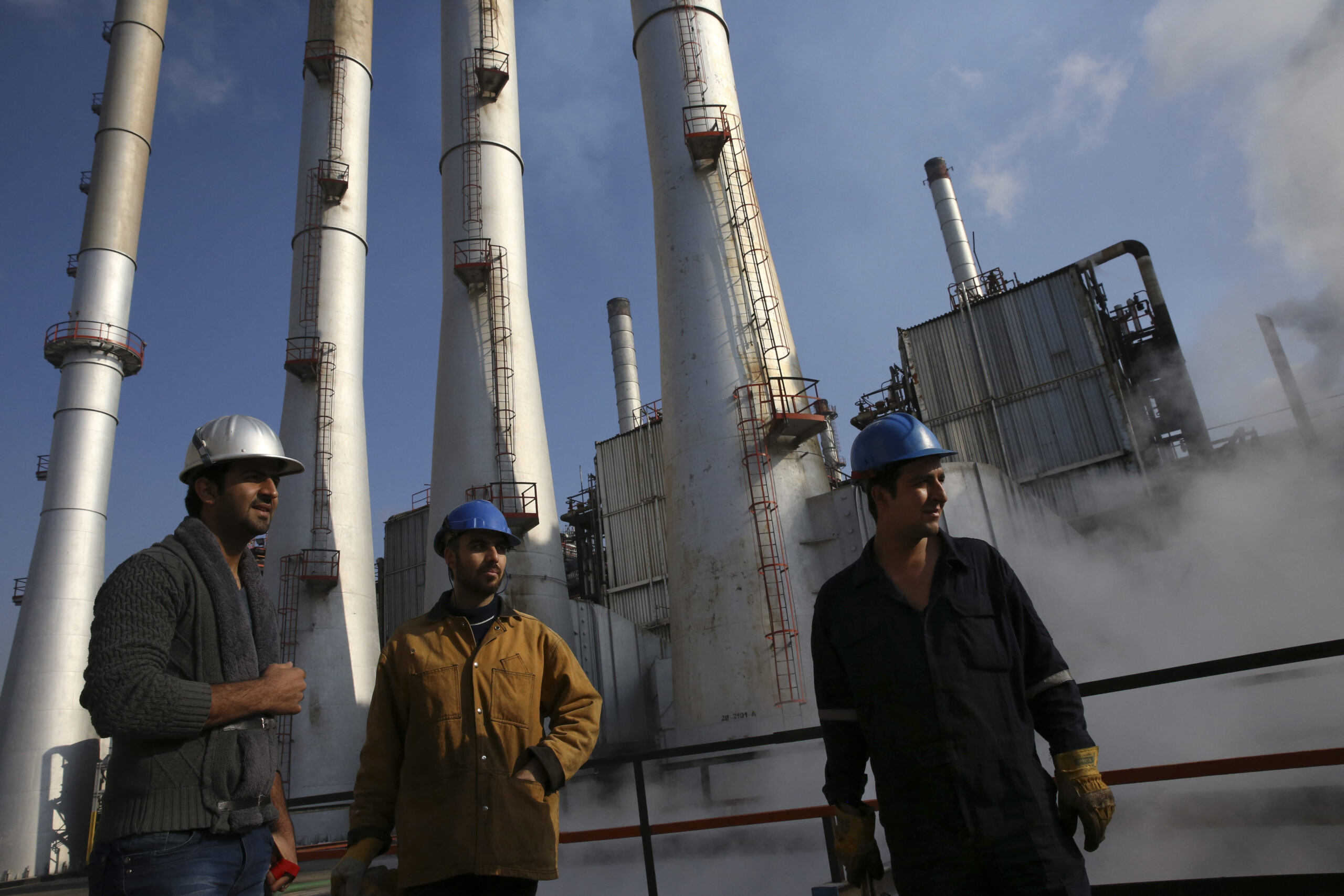
Diane Munro
Contributor
Diane Munro has written on energy issues for over 35 years. She was previously a non-resident fellow at the Arab Gulf States Institute in Washington and is currently a contract editor for the Paris-based International Energy Agency, where she earlier served as a senior oil market analyst.
Analysis
Global Oil Prices Spiral Higher After Saudi Arabia and Russia Extend Supply Cuts
A substantial drawdown on global oil stocks is forecast for the fourth quarter amid record oil demand, accelerating the rise in oil prices to the $100 per barrel threshold.

18 min read
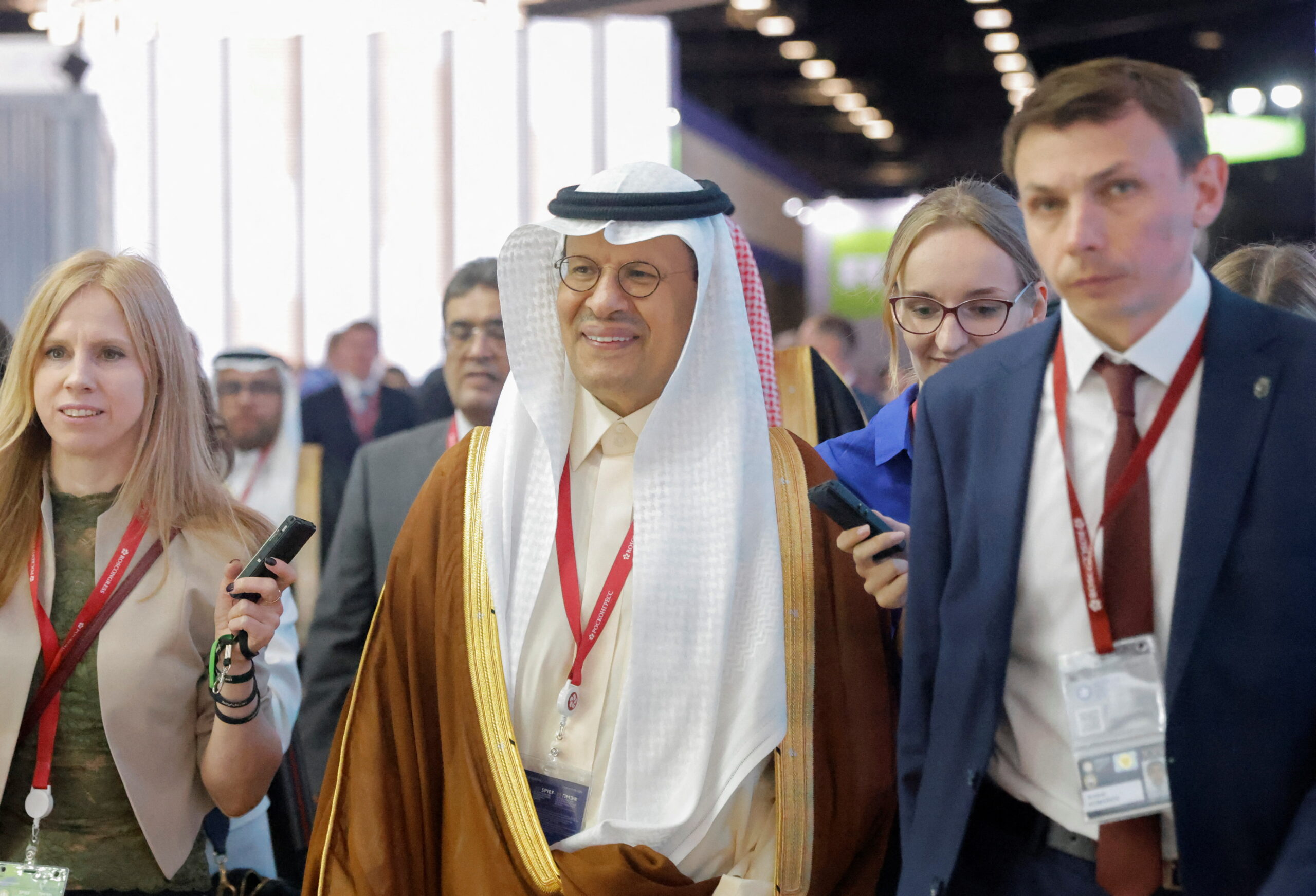
OPEC+ in a Battle Royal to Drive Oil Prices Higher but Macroeconomic Headwinds Thwart Progress
Saudi Arabia extends steep “voluntary” production cut through August but a weaker-than-expected Chinese economic recovery weighs heavily on market sentiment.

15 min read
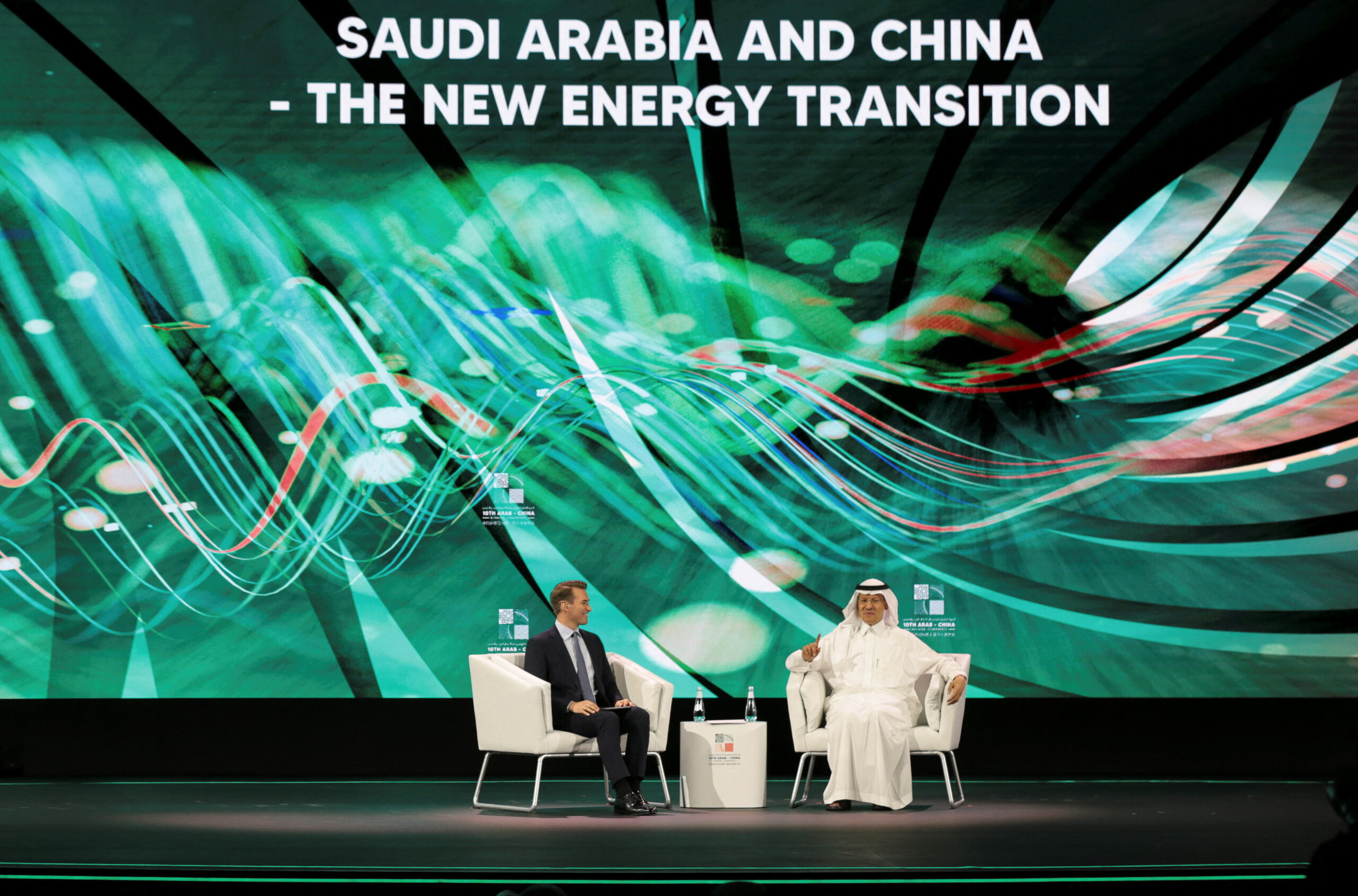
Jun 8, 2023
Saudi Arabia Makes Unilateral Production Cut as OPEC+ Extends Quotas
Despite a “voluntary” production cut announced by Saudi Arabia for July, economic uncertainty overshadowed the June 4 OPEC+ meeting.

9 min read
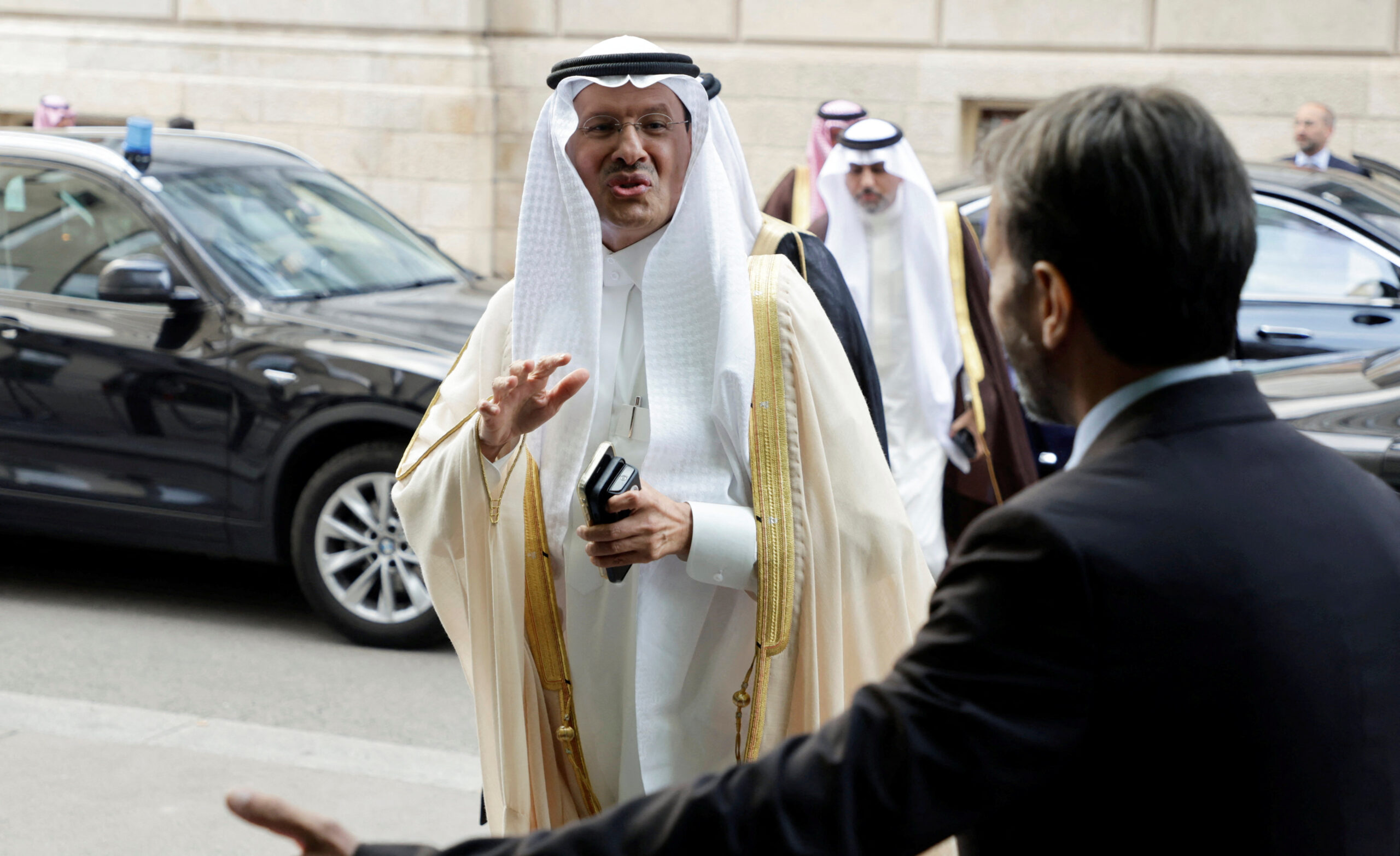
Oil Markets Face Uncertainty After Surprise OPEC+ Production Cut
OPEC+ supply cuts starting in May could aggravate an expected oil supply deficit in the second half of 2023 at a period of greater economic uncertainty.

12 min read

Enhancing Gas Security: An Economic Imperative for the Gulf Arab States
The Gulf Arab states are casting a wide net in their pursuit of gas-supply security.

1 min read
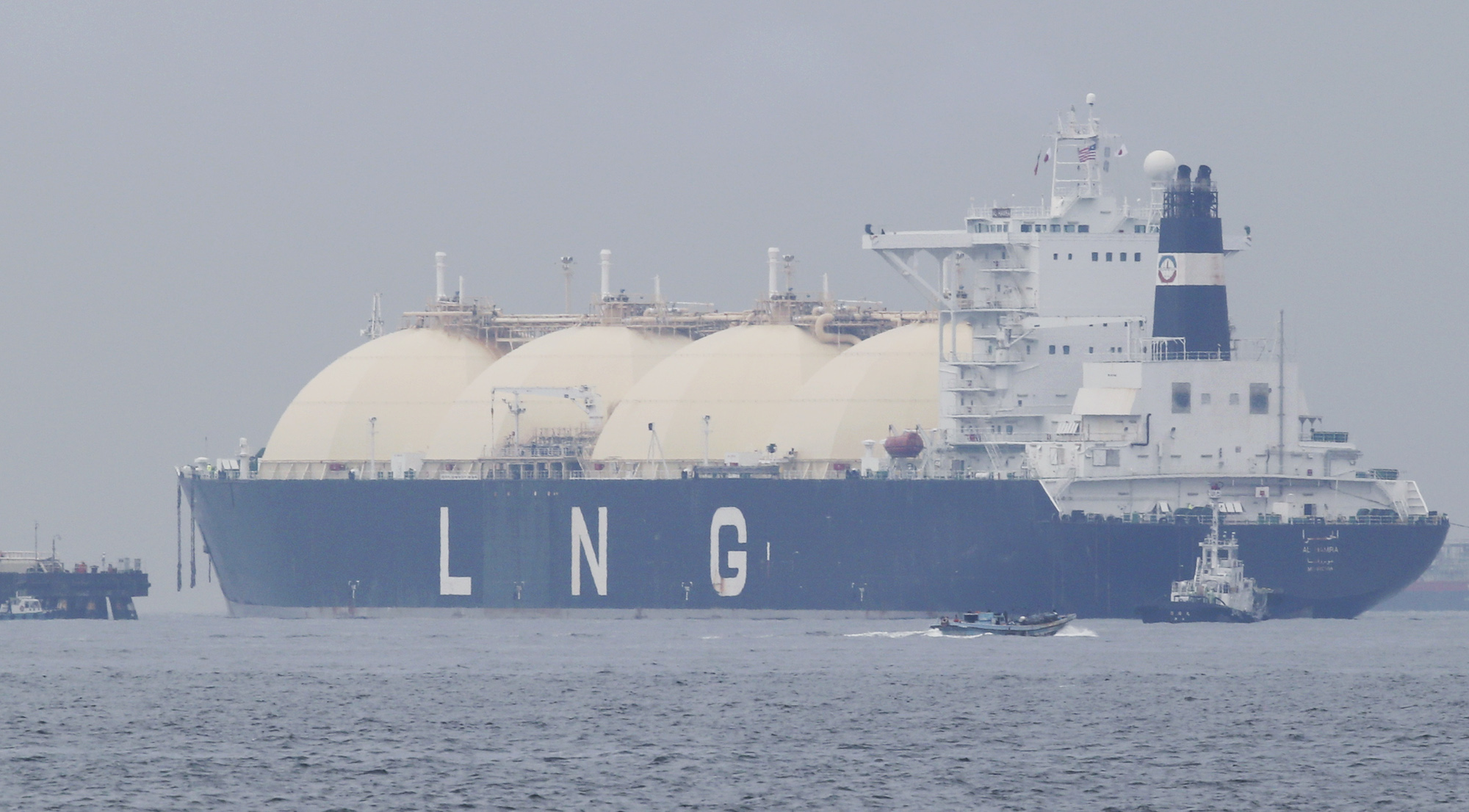
U.S. Exit from Iran Nuclear Agreement Roils Global Oil Markets
President Donald J. Trump's decision to exit the Iran nuclear deal and reimpose sanctions has injected a much higher level of volatility into oil markets, with prices scaling new heights to levels not seen since 2014. In reality, the disruption to Iranian exports and oil trading flows will be relatively limited, but against a backdrop of stronger global oil demand, declining stock levels, and the upcoming peak summer driving and cooling season, markets are unnerved. Equally, the broader implications for escalating regional tensions are expected to inflate the geopolitical price premium in markets going forward. The potential for conflict is squarely on the radar screen of everyone invested in the region, including oil executives.

6 min read
